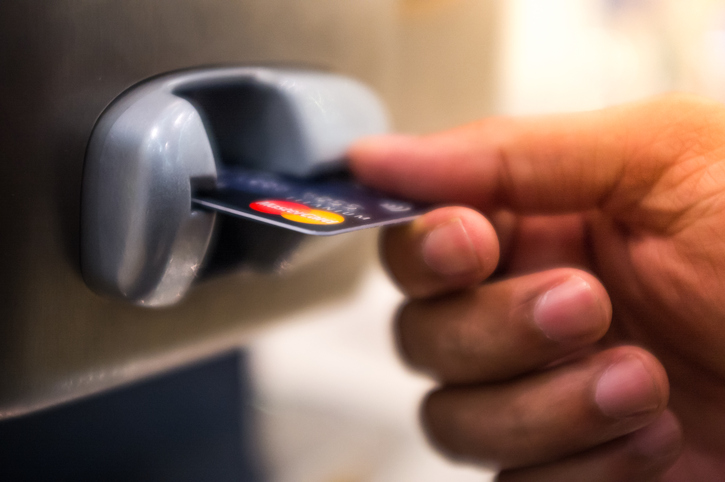Tuesday, December 13, 2016
 While you may be brimming with holiday cheer and good will, scamsters are on the prowl for a quick buck. According to ScamAwareness.org, a non-profit organization dedicated to educating the public about financial fraud, consumers should be on the look-out for the following three holiday scams:
While you may be brimming with holiday cheer and good will, scamsters are on the prowl for a quick buck. According to ScamAwareness.org, a non-profit organization dedicated to educating the public about financial fraud, consumers should be on the look-out for the following three holiday scams:1. Online Shopping Scams
With online sales tallying more than $1 billion on Thanksgiving Day alone and jumping 12.1 percent versus last year on Cyber Monday, the internet is prime hunting ground for criminals. According to the National Retail Federation, customers are expected to spend an estimated $117 billion online this holiday season, so it’s no wonder that internet purchase scams are the top fraud complaint reported by U.S. consumers each year. Scam artists offer merchandise, gift cards and even pets at a steep discount. Consumers should never wire money for an online purchase. A money transfer is the same as cash and once it is received it cannot be recovered. Remember, if it looks too good to be true, it probably is!
2. Charity Scams
The holidays bring out the best in most of us, which makes this the number-one time of the year for charitable donations. Scammers take advantage of this outpouring of goodwill by creating new charities or misusing the name and brand of a well-known charity to get donations sent directly to them. Before donating, consumers should verify that the charity and its web address are legitimate. When sending the money, use a check or credit card instead of a wire transfer or cash for donations.
3. Employment Scams
Who couldn’t use a little extra cash for holiday shopping? Savvy scammers are taking advantage of those looking for extra work by developing several employment scams. Some offer jobs that involve spending money up front for "training" or a "start-up kit"… which, of course, the victim never receives. Other fraudsters may send a fake check to a "new hire" and ask them to cash it, keep some of the money as payment, and then wire what's left back to them. The victims in both of these situations end up losing their money and a job they thought they had. Consumers should be aware that no legitimate company will ask them to pay money in order to earn money.
Consumers who think they've been scammed should contact their local police immediately. More information about these scams and others can be found at scamawareness.org. For more helpful financial and real estate information, feel free to contact me directly.
RISMedia welcomes your questions and comments. Send your e-mail to: realestatemagazinefeedback@rismedia.com






